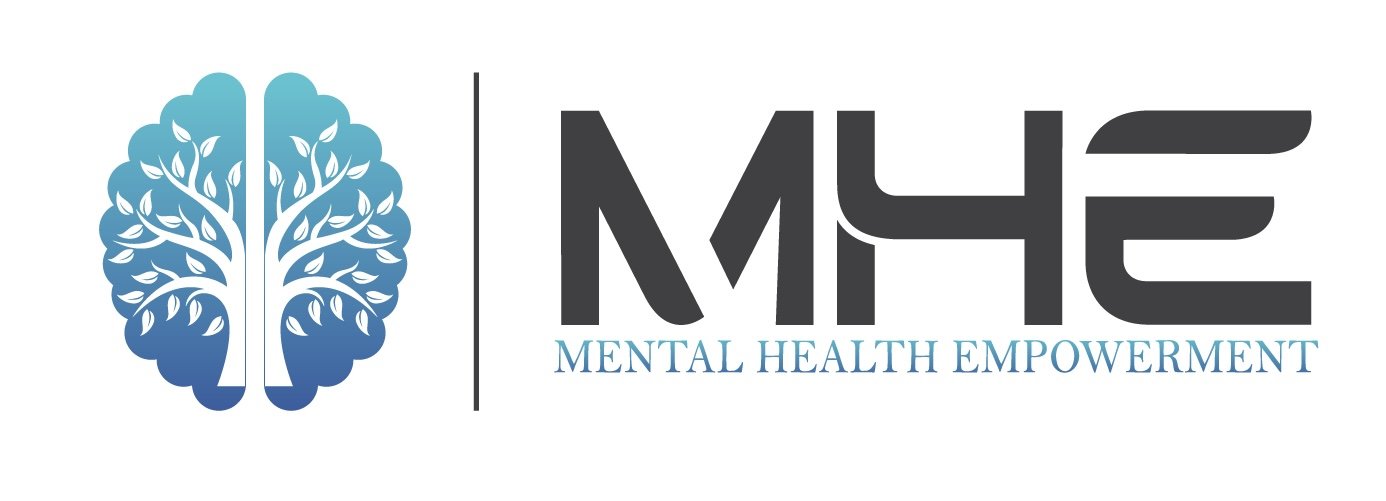Free therapy Consult- Here is why it is helpful
Picking a therapist can be a stressful and daunting experience. You are reaching out for help and unsure what you should be looking for in a therapist. You don’t want to waste time and money with someone that isn’t a good fit for you. One way to assist in that is to see if a potential therapist offerers a Consult.
A free 15-minute therapy consult, often offered by therapists as an introductory session, serves specific and strategic purposes within a condensed timeframe. This brief, no-cost meeting is crucial for both the potential client and the therapist for several reasons:
1. **Initial Connection:** It provides an opportunity for the therapist and the potential client to meet and establish an initial connection. This initial contact can help both parties gauge comfort levels and determine if they can communicate effectively.
2. **Assessment of Needs:** The therapist can briefly assess the potential client's needs, concerns, and therapy goals. Although this assessment is not as in-depth as it would be in a full session, it allows the therapist to get a sense of what the client is seeking from therapy.
3. **Therapeutic Fit:** This consult is a chance for both the therapist and the client to determine if they are a good fit for each other. Compatibility is essential for effective therapy, including matching therapeutic styles, personalities, and the therapist’s expertise with the client's issues.
4. **Orientation:** The therapist can explain how their sessions work, their therapeutic approach, and what the client can expect from therapy. This helps set expectations and gives the client a clearer idea of the therapy process.
5. **Answering Questions:** It allows potential clients to ask questions about the therapy process, confidentiality, session frequency, duration, and any other concerns they may have. This helps in making an informed decision about starting therapy.
6. **Addressing Urgency:** For clients in distress or facing urgent issues, the consult can provide immediate but brief guidance or support, and the therapist can assess the urgency of the client’s situation.
7. **Logistical Details:** The therapist can provide information about session fees, insurance, scheduling, and cancellation policies, which are important for the client to know before committing to therapy.
8. **Referral Information:** If, during the consult, it becomes clear that the therapist’s expertise does not align with the client’s needs, or if there is not a good fit for other reasons, the therapist can offer referrals to other professionals or resources.
This brief consultation is designed to streamline the process of starting therapy by ensuring that both the therapist and client feel confident and comfortable with the potential therapeutic relationship. It’s a low-risk way for clients to explore therapy options without the commitment of time and money that a full session requires. Use this to shop around and see if there is someone that feels right for you.

